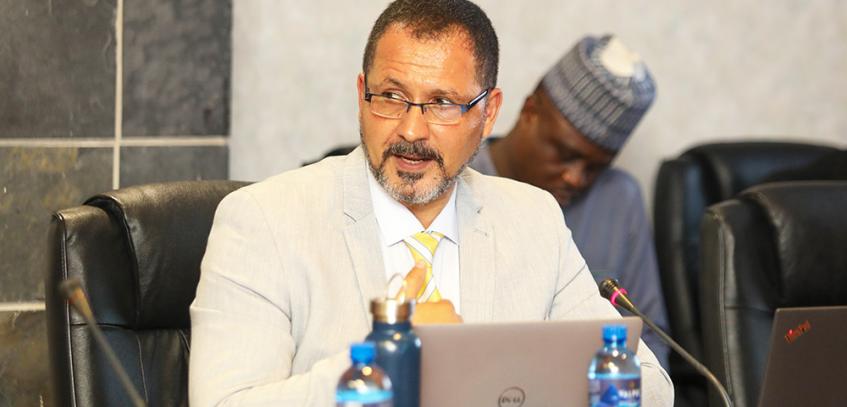The high prevalence of child labour in Africa has sprung the Pan-African Parliament (PAP) into action to stem the practice, leading to collaborations with the International Labour Organisation (ILO).
The Committee on Health, Labour and Social Affairs met with ILO Specialists where an adverse report on the prevalence of child labour in Africa was examined, and commitments to eradicate the practice were made. The meeting took place at the PAP headquarters in Midrand, South Africa at the ongoing Sittings of the Permanent Committees of the PAP which begun on 6 March and will run up to 17 March under the AU theme of the year "The Year of AcFTA: Accelerating the Implementation of the African Continental Free Trade Area."
The Committee on Health learnt that Africa's child labour cases make up 67 percent of the world's total. ILO Regional Specialist on Child Labour, Mr Redha Ameur said there were 92 million children involved in child labour the world over.
"Africa has a high prevalence of child labour and Africa is the only region of the world where the incidences of child labour are increasing. Worryingly, 45 percent of these children are involved in hazardous work," said Mr Redha Ameur.
He added that the major drivers of this phenomenon were widespread poverty, poor access to social services such as education and health, socio-cultural factors that include gender roles and gender inequality and lack of awareness of child labour. Children in precarious migration and those living in conflict situations are also forced into child labour by their circumstances.
Acknowledging the gravity of child labour in Africa, Ms Narinda Arivelo Ramananarivo, Commissioner of the African Union Commission on International Law, conducted a Study on the Draft Model Law for Domestication of the African Charter on the Rights and Welfare of the Child.
"It is important to collect maximum inputs so the law is complete and exhaustive as we seek to protect the African child from child labour and its worst forms. The drafting of the Model aw is timely in order to have uniformity of practice. It takes into account all the provisions of the Charter and it will support Member States in harmonising their laws. It will also be a tool for the legislators," said Ms Narindra ArproffeRamananarivo.
Chairperson of the Committee on Health, Hon Jean Patrice France Quirin noted: "We are happy to be having this conversation as African legislators and that we are working towards the eradication of child labour. The scourge against children has also seen them being forced into illicit drug trading and we would like our work to also look into that in the near future."
In conclusion, Mr Redha Ameur said African Union Member States had to work more on initiatives to combat child labour as this is a cost-effective route.
"It is better and cheaper for Africa to focus on prevention than trying to rectify the situation. Having decent work for adults means a decent income for the family, therefore adults refrain from sending children to work. We also need to look at increasing financing for child labour advocacy and awareness activities," he said.
-Ends-








